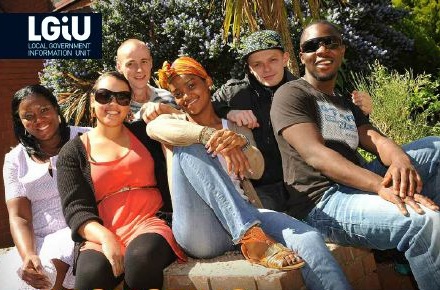New research has been published by the local democracy think tank, Local Government Information Unit (LGiU), which has found that almost 9 out of 10 local authorities say that cuts to housing support ‘will put vulnerable people at risk’ and ‘will create more costs elsewhere in the system’.
 |
| [relatedPosts title=”Related Posts”] |
|
|
These are the findings from ‘Promoting Independence: the future of housing related support’ , a major new report published today by LGiU and Circle Housing Group. The research into cuts to Supporting People (SP) budgets surveyed 139 local authorities in the UK.
In the survey of 139 local authorities, over 3/4 had seen their Supporting People budgets cut. More than 4 in 10 were making their savings by reducing the level of services they could offer. However, the report found that councils believe there are major financial and social benefits from investing in these services. The average saving across the authorities surveyed was £13.5m a year. Dorset County Council alone had calculated their savings as 20.1m. It is estimated that for every £1 spent on Supporting People services, councils throughout the UK could save £2.63.
The research found that councils are innovating to maintain services. Many councils had been able to make efficiency savings without this impacting on the ‘front line’. Many councils are also making more use of technology, such as telecare. The London Borough of Bexley had increased their capacity by over 30 % by offering individual budgets to their clients, while Derbyshire Council was in the process of developing a payment by results model for their provider organisations.
Andy Sawford, Chief Executive, LGiU commented on the findings:
“The Supporting People programme has helped many vulnerable people in society to live more independently. All the evidence shows that this leads to healthier and happier lives, and less cost to the state in the long term. We recognise that councils face severe funding pressures but we hope that our research will help councils to maintain Supporting People and similar preventative approaches”.
“We also have a strong message for central government to press ahead with ‘community budgets’ so that at a local level councils can connect up services and use resources better to improve preventative services and make savings”.
Mark Rogers, Chief Executive of Circle, said:
“Investing in housing related support gives people real independence by enabling them to remain in their own homes for longer, and saves councils and the taxpayer millions in expensive acute services. This report shows the value of these services in both social outcomes and financial savings and provides the evidence for champions of housing related support to fight for these services at a local and national level.’
Promoting Independence: the future of housing related support makes recommendations to both national and local government.
LGiU and Circle are calling on national government to prioritise support for local community budgets. This would see spending by different departments and agencies pooled within a geographical area to improve efficiency and measure savings.
Supporting People (SP) budgets are designed to support the most vulnerable to live independently. This includes helping older people, the homeless, people with mental health problems and women at risk of domestic violence. Local authorities’ SP budgets are no longer ring-fenced but are rolled into the Government’s formula grant, which includes allocations for other services.
The Department for Communities and Local Government is currently piloting community budgets in 16 areas and plans to roll-out the scheme nationally in 2012-14.
Further Information
A full summary of findings and figures can be found here.
The Full Report is available here.





